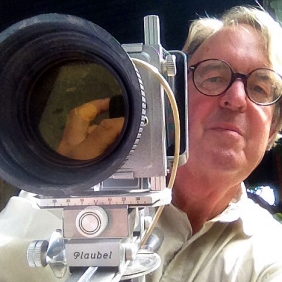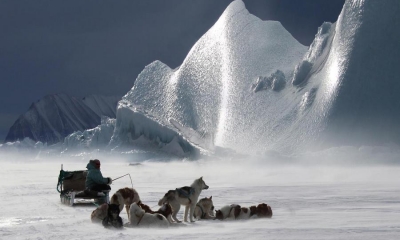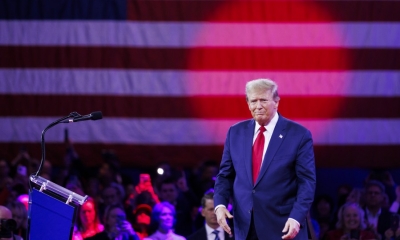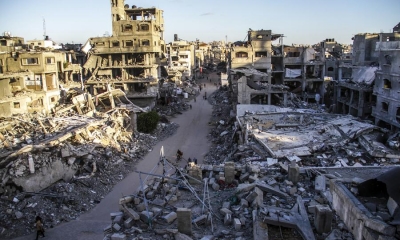Advancing Multipolarity and Safeguarding Legacy of WWII Victory
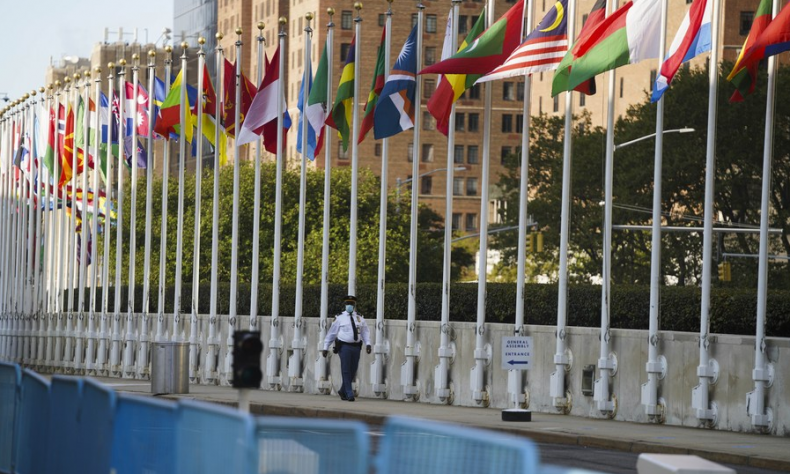
Multipolarity must be advanced so as to strengthen peace, stability, and development in a turbulent and rapidly changing world.
The annual World War II Victory Day celebration on May 9 in Russia leaves no doubt as to the Russian peoples’ commitment to protect their nation from foreign aggression. It also leaves no doubt about Russia’s commitment to world order.
Prior to World War II, the international system was multipolar involving great powers, medium powers, and small powers. Nazi Germany and Militarist Japan sought to overturn the multipolar world order of the day and to replace it with their global domination. Fortunately for mankind this dark hegemonic design was defeated.
But the victory was short-lived in the minds of the West and its allies. The post-World War II era saw the creation of a bipolar bloc international system. Although the Non-Aligned Movement arose to blunt the sharp division of the world it lacked the power to do so.
Today, however, the world is changing. While the West and its allies continue in their attempt to impose the bloc system, the multipolar process steadily advances.
Legacy of World War II and Russia
By the end of the war some 35 million men and women had served in the Red Army of the Soviet Union. An estimated 10 million were killed or missing and this figure includes 3 million who starved in POW camps. About 18 million were wounded. About 1 million starved to death in Leningrad including President Vladimir Putin’s own two-year-old brother.
The Cold War bloc confrontation began shortly after the end of World War II. The West rehabilitated West Germany and Japan so as to form the Western bloc against the Soviet Union and China. The strategic objective was to “contain” the Eurasian landmass and to “roll back” Communism replacing it with finance capitalism.
The Nazi march eastward against Russia had precedents. Napoleon attempted to conquer Russia but his forces were annihilated. In World War I, the German Empire and the Austro-Hungarian Empire sought expansion into Eastern Europe and against Tsarist Russia.
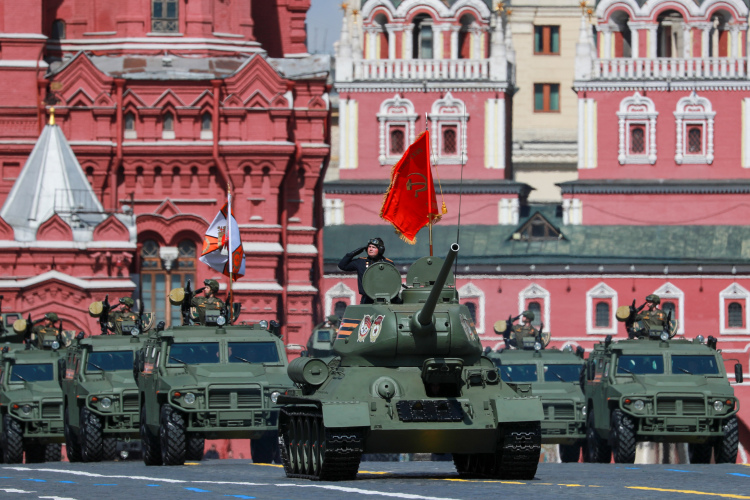
Today, the North Atlantic Treaty Organization (NATO) serves the same purpose. It is no secret that NATO has over the years systematically expanded eastward up to Russian borders. The recent inclusion of Finland in NATO substantially extends this expansion to Russian borders. Military leaders of NATO have included rehabilitated Nazi generals such as Hans Speidel and Adolf Heusinger. Is there any difference between the Nazi doctrine of “Lebensraum” meaning “living space” and NATO’s eastward march today?
President Putin in his famous 2007 Munich speech underscored Russian concerns about NATO expansion in no uncertain terms. The West since the dissolution of the Soviet Union worked toward building up Ukraine as a proxy. This activity sharply increased beginning in 2014 with the “Maidan Coup” in Ukraine that deposed the elected president and imposed a Western puppet regime. Today the historical revisionism is rampant in some eastern European countries so as to fuel their anti-Russia campaign, which also attempts to erase the memories of the Soviet Union’s contribution to the world Anti-Fascist War.
Moscow decries Western neo-colonialism
Although the Non-Aligned Movement in the past did not have the power to move the world toward peace and multipolarity the world has changed. Although the U.S. and NATO sought to revive the bipolar bloc confrontation in recent years, a growing number of countries have sought to rebuff Western hegemonism, power politics, and diktat.
Moscow takes a broad historical perspective on the present trend toward multipolarity. President Putin and his foreign minister Sergei Lavrov have clearly stated their perspective in the context of today’s changing international system.
They say that present day Western hegemonism is a continuation of five centuries of Western colonialism. Military conquests and economic exploitation are characteristics of Western imperialism. They say that Russia today seeks to promote multipolarity so as to eliminate such neo-colonialism.
It is certainly an observable fact that five centuries of Western expansion, imperialism, and colonialism are coming to an end. The decolonization process of the post-World War II era set this in motion. The multipolar process seen today certainly will take time to achieve all the results desired but it is clearly underway.
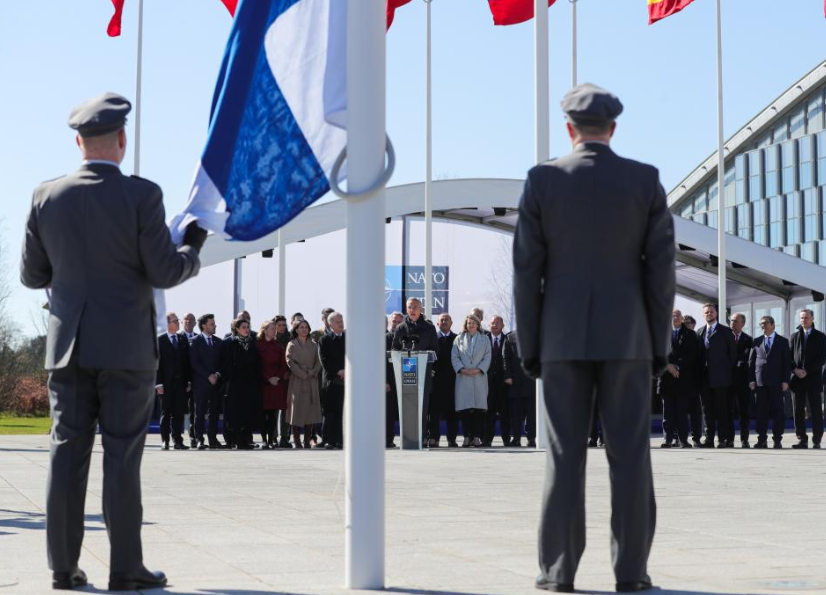
Moscow supports new formats and platforms
Part of the process to advance multipolarity involves advancing new international formats and platforms for cooperation. Russia and China are taking the lead. Both President Putin and Foreign Minister Lavrov have emphasized the importance of these organizations to Russian diplomacy and to Moscow’s view of a future cooperative international system.
For its part, China calls such a cooperative international system a community with a shared future. Both Russia and China seek inclusive formats and platforms so as to strengthen international solidarity, peace, and economic development.
Examples of such organized cooperation include the SCO (Shanghai Cooperation Organization) founded in 2001 and BRICS (Brazil-Russia-India-China-South Africa) organization which has strengthened cooperation since 2009.
These organizations are today expanding in response to an increasing number of countries desiring peaceful economic, security, and diplomatic cooperation. The SCO comprises some 60 percent of the land area of Eurasia and 40 percent of the world population. Full membership in the organization is expanding as well as dialogue partners are increasing.
On April 19, 2023, Chinese State Councilor and Foreign Minister Qin Gang met with Secretary-General of the SCO Zhang Ming in Beijing. Qin Gang said that the SCO is an important platform for regional countries to seek strength through unity and has played an important role in safeguarding regional security and stability and promoting common development and prosperity.
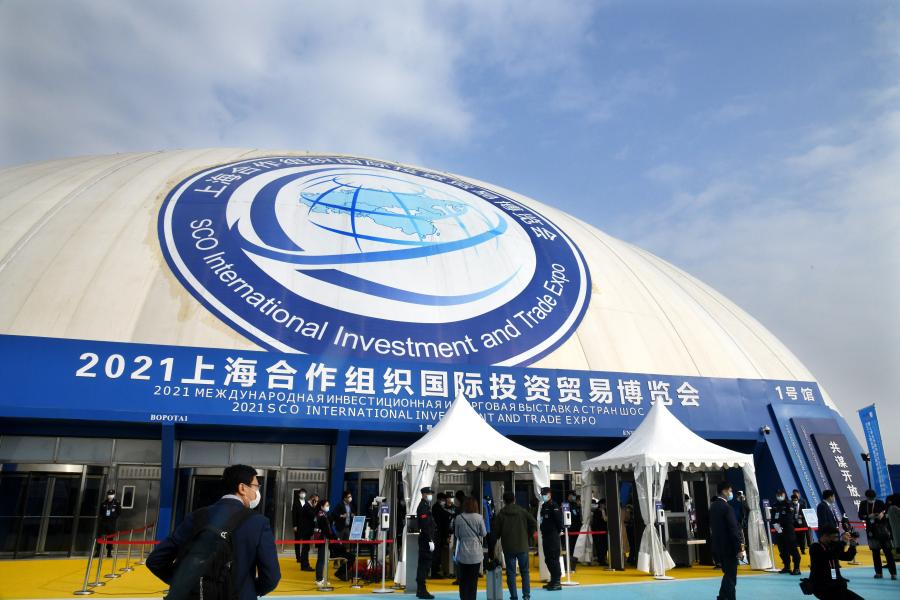
BRICS, like the SCO, is also expanding. Saudi Arabia, Iran, Argentina, Turkey, Indonesia, Egypt among others have asked to join the organization. BRICS founded the New Development Bank which is now headed by former Brazilian President Dilma Rousseff.
Adding the Belt and Road Initiative (BRI), established in 2013, to these platforms it is easily seen that they encompass the majority of the world’s population and economy.
The trend to multipolarity strengthens
The trend toward multipolarity is gaining momentum in light of Western efforts to maintain hegemony within a stratified international system. More and more the United States appears to be a rogue state attempting by military force and diktat to impose is so-called “primacy” and world “leadership”.
Although President Ronald Reagan and President Mikhail Gorbachev ended the Cold War through constructive diplomacy, Washington since the dissolution of the Soviet Union in 1991 has undertaken a New Cold War. But this effort to impose a New Cold War through unilateral military, diplomatic, political, and economic means is floundering as the United States itself heads into increasing internal disorder.
While the U.S. today is in relative decline, Asia rises and Russia returns. Significantly, the “Bandung Spirit” of the Non-Aligned Movement is steadily reviving. Countries desire freedom for political and economic development through their own models suitable to their culture and history. Countries reject interference in their internal affairs by Washington and the West.
Multipolarity must be advanced so as to strengthen peace, stability, and development in a turbulent and rapidly changing world.
The article reflects the author’s opinions, and not necessarily the views of China Focus.
 Facebook
Facebook
 Twitter
Twitter
 Linkedin
Linkedin
 Google +
Google +



